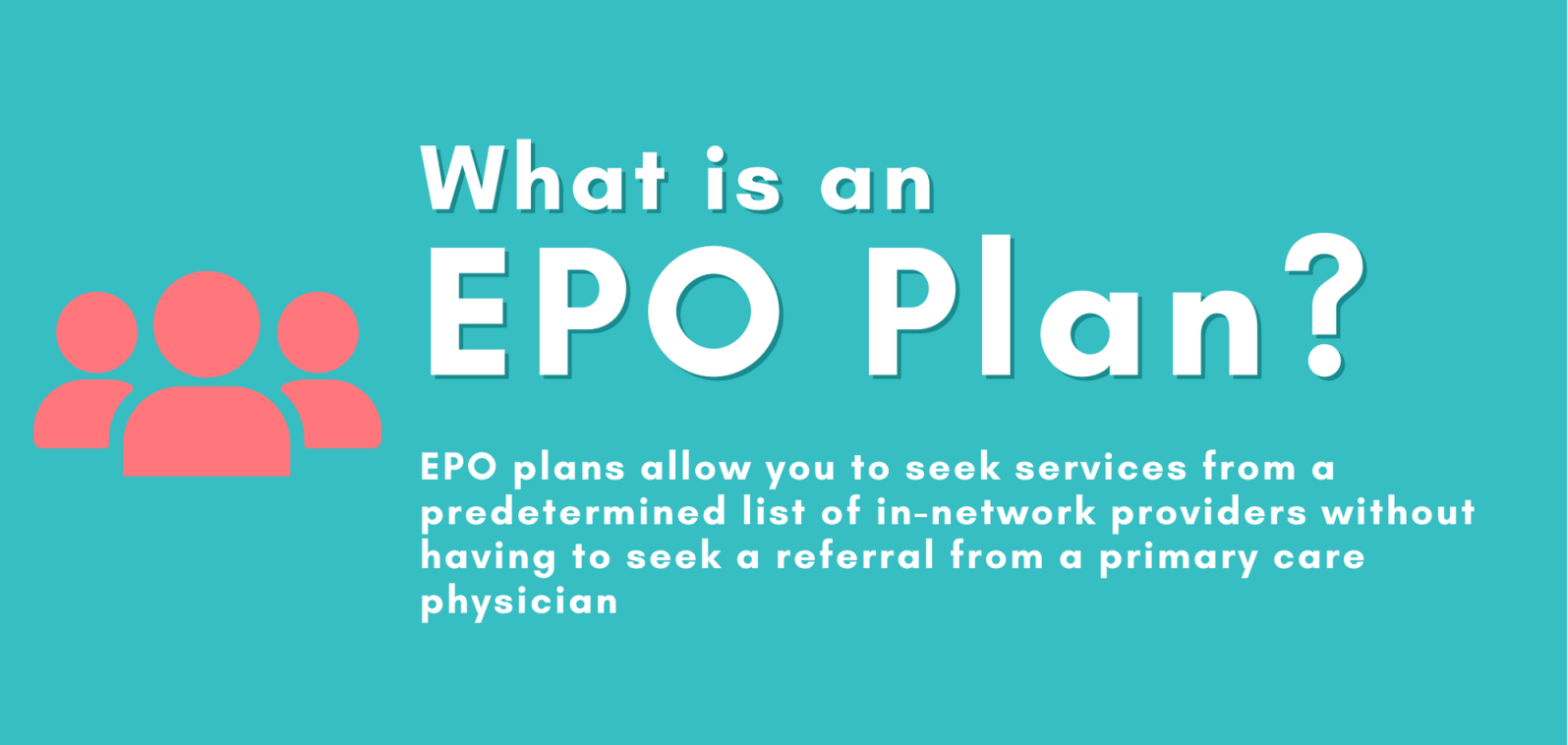What Is An Epo Insurance Plan
Greetings, Readers!
Welcome to this article where we will delve into the world of EPO insurance plans. In this day and age, having a comprehensive understanding of insurance plans is crucial for individuals and families alike. In this article, we will explore what an EPO insurance plan entails, its benefits, drawbacks, and more. So, let’s embark on this informative journey together and gain a deeper understanding of the topic at hand.
Introduction
An EPO insurance plan, short for Exclusive Provider Organization, is a type of managed care health insurance plan that combines aspects of both HMO (Health Maintenance Organization) and PPO (Preferred Provider Organization) plans. It offers a network of healthcare providers to choose from, but also requires individuals to stay within that network for coverage, except in cases of emergency or urgent care needs.

Image Source: zencare.co
1ï¸âƒ£ What: An EPO insurance plan is a managed care health insurance plan that restricts coverage to a specific network of providers.
2ï¸âƒ£ Who: EPO insurance plans are available to individuals, families, and businesses looking for cost-effective healthcare coverage.
3ï¸âƒ£ When: EPO insurance plans have gained popularity in recent years as individuals seek affordable healthcare options without compromising on quality.
4ï¸âƒ£ Where: EPO insurance plans are offered by various health insurance companies and are available in select states or regions.
5ï¸âƒ£ Why: EPO insurance plans can provide cost savings due to their negotiated rates with network providers, while still offering a wide range of healthcare services.
6ï¸âƒ£ How: EPO insurance plans operate by requiring individuals to choose a primary care physician (PCP) within the network who coordinates their healthcare needs and refers them to specialists within the network if necessary.
Advantages and Disadvantages (Pros and Cons)
Let’s now explore the advantages and disadvantages of EPO insurance plans:
1ï¸âƒ£ Advantage: Cost Savings – EPO plans often have lower premiums compared to PPO plans, making them an affordable option for individuals and families.
2ï¸âƒ£ Advantage: No Out-of-Network Coverage – While some might see this as a disadvantage, it actually helps keep costs down, as EPO plans focus on network providers who have agreed to provide services at negotiated rates.
3ï¸âƒ£ Advantage: Coordinated Care – Having a primary care physician who manages your healthcare needs ensures a more streamlined and coordinated approach to your medical care.
4ï¸âƒ£ Disadvantage: Limited Provider Network – EPO plans require individuals to stay within the network, limiting their choice of providers, especially if they have a preferred doctor or specialist outside the network.
5ï¸âƒ£ Disadvantage: Referrals Required – In most cases, individuals need a referral from their primary care physician to see a specialist within the network, which can add an extra step and potential delay in accessing specialized care.
Frequently Asked Questions (FAQs)
Let’s address some common questions about EPO insurance plans:
1. Is it possible to receive coverage for out-of-network care in an EPO insurance plan?
No, EPO plans do not provide coverage for out-of-network care, except in cases of emergencies or urgent care needs.
2. Can I choose any doctor within the network?
Yes, you have the freedom to choose any primary care physician (PCP) within the network, and they will be responsible for coordinating your healthcare needs.
3. Are prescription drugs covered under EPO insurance plans?
Yes, most EPO plans offer coverage for prescription drugs, although specific medications and coverage levels may vary. It’s essential to review the plan’s formulary to understand which medications are covered.
4. Can I switch my primary care physician within the network?
Yes, if you wish to change your primary care physician, you can typically do so by contacting your insurance provider and requesting a change.
5. Are pre-existing conditions covered under EPO insurance plans?
Yes, EPO plans are required to cover pre-existing conditions under the Affordable Care Act (ACA) guidelines. However, it’s crucial to review the plan’s specific coverage details and any waiting periods that may apply.
Conclusion
In conclusion, an EPO insurance plan is a managed care health insurance option that combines affordability and access to a network of healthcare providers. While it comes with limitations, such as the need to stay within the network and obtain referrals, EPO plans can provide cost savings and coordinated care. It’s important for individuals to carefully consider their healthcare needs and evaluate the network of providers before opting for an EPO insurance plan.
Now that you have a clearer understanding of what an EPO insurance plan entails, you can make informed decisions about your healthcare coverage. Remember to consult with insurance providers and review plan details to choose the option that best suits your needs.
Thank you for joining us on this informative journey, Friends!
Disclaimer: The information provided in this article is for educational purposes only and should not be considered as professional advice. Consult with a qualified insurance professional or healthcare provider for personalized guidance.
Comments
Post a Comment